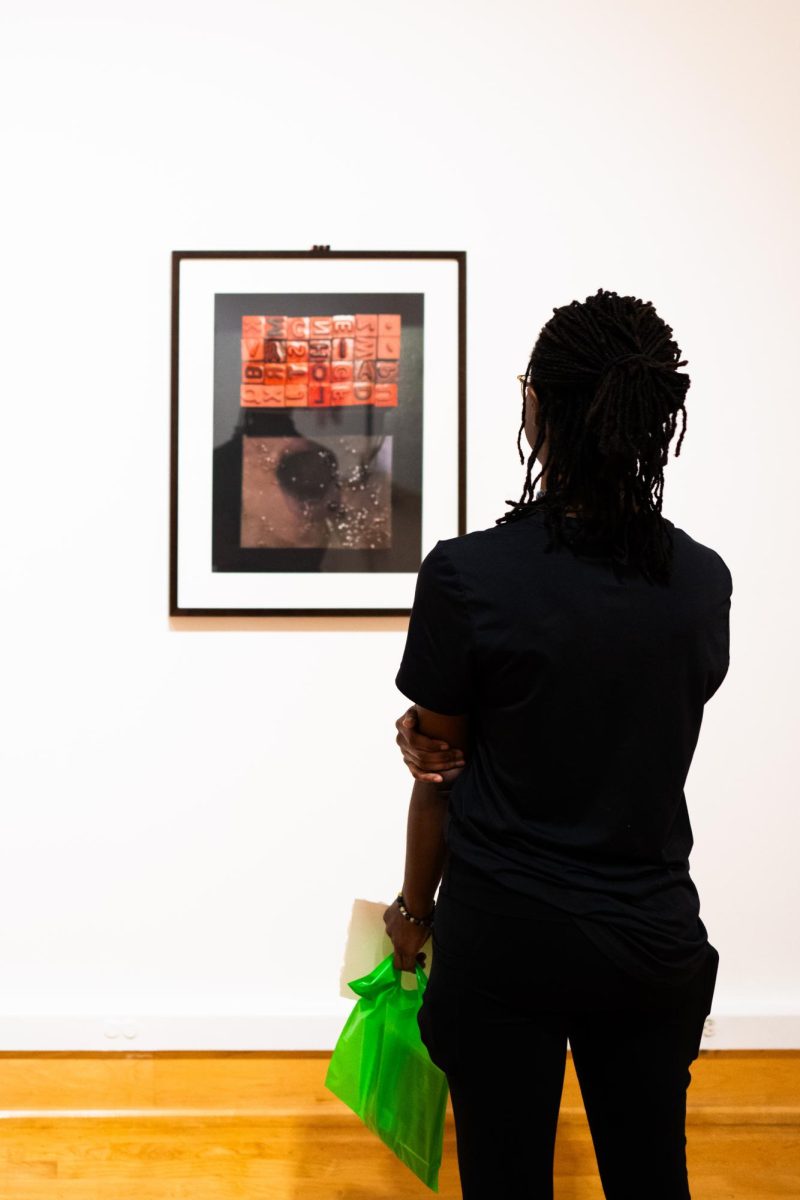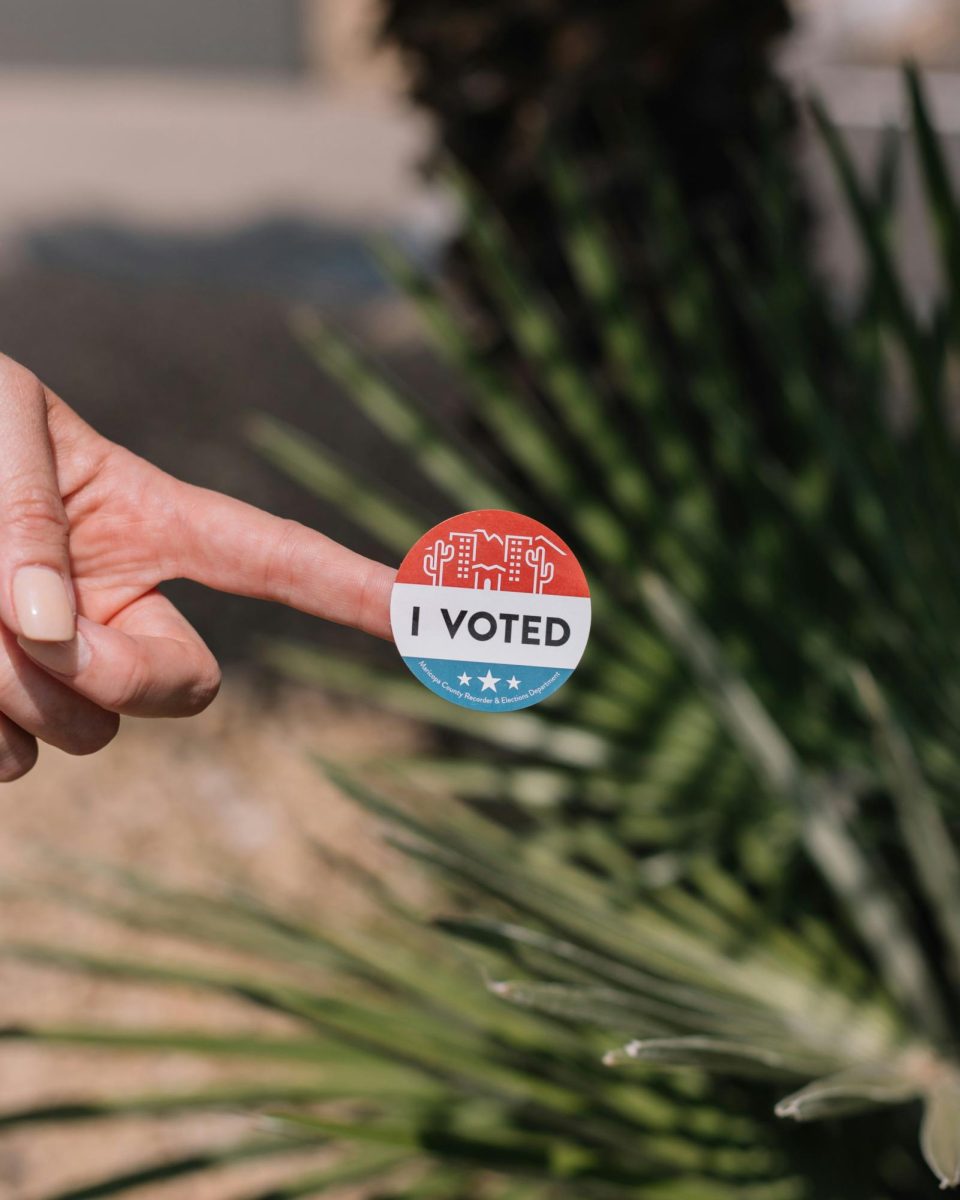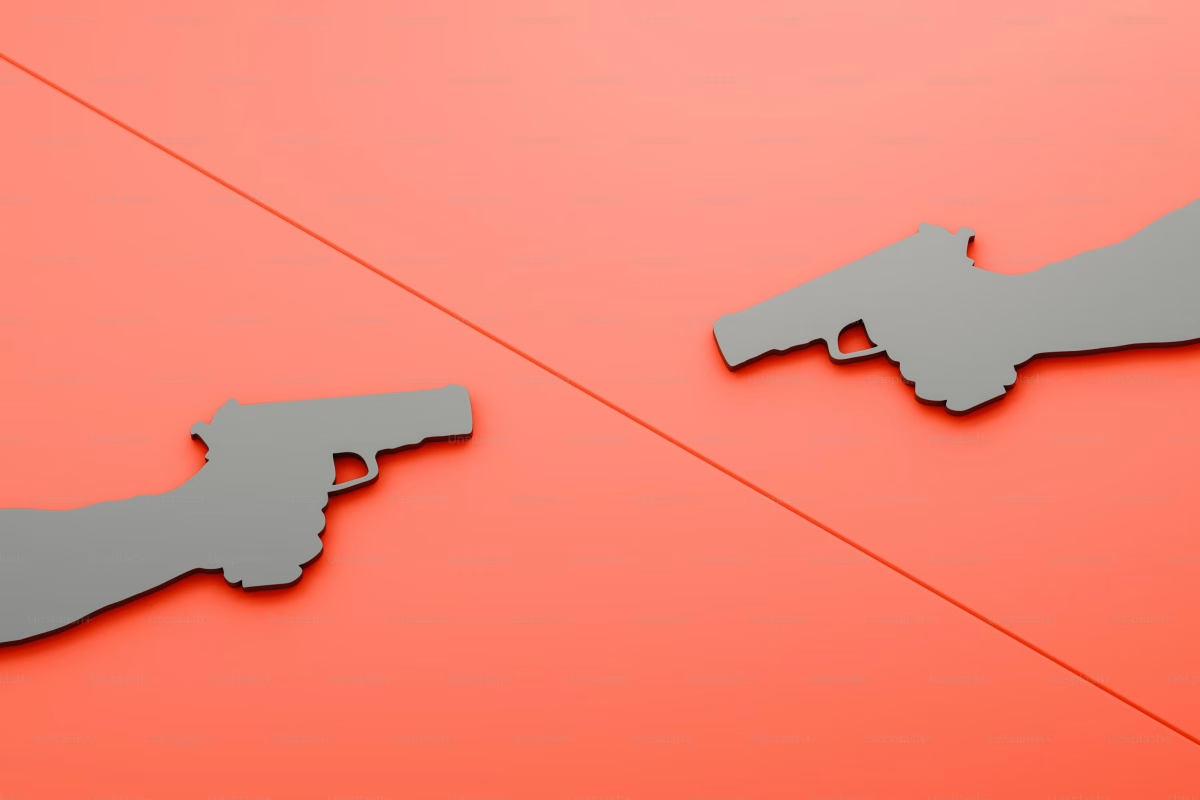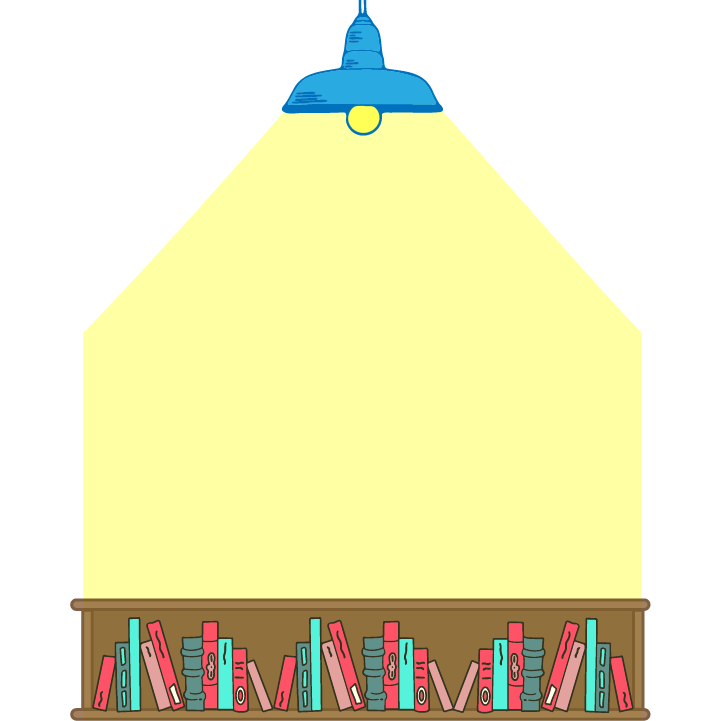Patria is our homeland. We sing anthems to it, we salute the flags and feel overall proud of the country we belong to. But why? Why are you proud of your country? What’s the actual reason to be proud of where you were born? In some ways, it’s like being proud of being a Seminole’s fan. Or a Barcelona fan.
It’s interesting that it’s when we put something under a new light, and when we twist an idea on its head that we realize that, sometimes, we accept things way too easily, or take them for granted.
The concept of homeland is actually a social construct. What does that mean? It means that it was an idea created by society. In other words, there was a time in history that the concept of patria didn’t exist at all, but society, at one point, decided it was a good, necessary idea.
And it kinda was. How do you create a common purpose without a symbol or idea that represents that commonality? How do you convince someone to risk their lives for a symbol or idea if he don’t believe the intrinsic value of that communality?
Patriotism, therefore, was born. To defend oneself’s patria became something worthy to fight and die for. But so it is for the hooligan for his football team, isn’t it? Or for a terrorist to explode himself for his religion. Or for someone to punch another in the face for a television on Black Friday.
Patriotism, granted, helped humanity to reach new heights. Our capacity to join our efforts into a common goal is the sole reason we evolved, from the cavemen to the businessmen in New York and Tokyo.
However, at the same time that patriotism unites, it also divides. Everyone outside one’s borders can be seen as different or even as rivals or enemies. Intolerance, hate and distrust are born and thrive. All because of an imaginary line.
As a Brazilian, I find it interesting that Americans, overall, are very proud of being Americans. Not to say Brazilians aren’t, but believe me that you won’t see Brazilian flags very often anywhere (at least in Rio). Unless in the World Cup, of course.
Much of this have to do with war, I would bet. The last war Brazil was a protagonist was in 1870, when Brazil was still an empire. Forgive me for being blunt, but Americans have wars all the time and that brings forth stronger sentiments toward one’s country. But I have to admit that’s good to be a “war free” country.
We are a simple people, show us football (sorry, soccer) and you’ll make us happy. By the way, there is a song that literally says “that football is our biggest tradition.”
But what does the future hold? It’s obvious that humanity is getting more connected by the day, and that people across the world are hours away from each other (by plane, of course). All of these changes makes me wonder if this construct of patria may be on the verge of becoming obsolete.
Think about it, patria being a social construct means that there shall come a time, perhaps in the near future, that we won’t need it anymore. Like a child putting aside the fairy tales, society will have no need for countries as we know them.
We’re entering the realm of speculation now, of course, but what if going from here to Japan is as cheap and fast as going by car from Fort Myers to Miami? Do you really think that the concept of countries as we know them would remain the same?
I believe not, and it’s interesting to consider this kind of scenario now because it makes you realize what’s really important and what is not. At the end of the day, countries, flags, anthems are not really important. A hundred years from now we may all be singing the anthem and under the flag of Earth. Not America, not Brazil, not England. Just Earth.
Categories:
Nationalism as a social construct
September 15, 2016
Story continues below advertisement
0

































